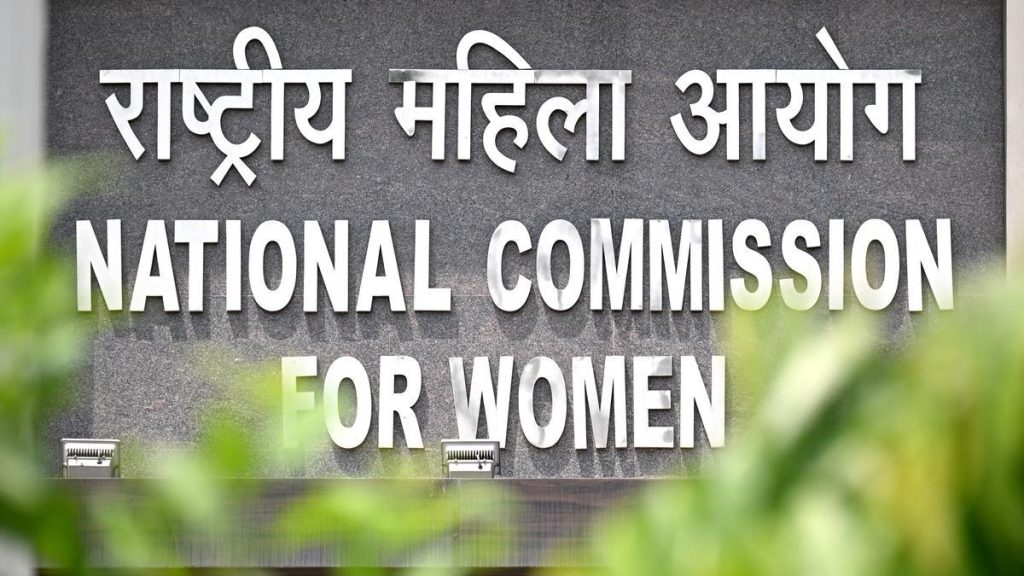Now Reading: KTU Syndicate Challenges Governor’s Directive on Legal Fee Payment in V-C Case
-
01
KTU Syndicate Challenges Governor’s Directive on Legal Fee Payment in V-C Case
KTU Syndicate Challenges Governor’s Directive on Legal Fee Payment in V-C Case

Quick Summary:
- Syndicate members of APJ Abdul Kalam Technological University (KTU) have opposed Governor Rajendra Vishwanath Arlekar’s directive for the university to pay ₹5.5 lakh in legal fees related to a Supreme Court case over the Vice-Chancellor’s appointment.
- The Governor, acting as Chancellor of KTU, instructed KTU and Digital University Kerala to bear legal expenses, arguing the matter directly concerns university management.
- CPI(M) legislators I.B. Satheesh and K.M. Sachin Dev objected,insisting that such payments require Syndicate authorization and cannot be unilaterally approved by the acting Vice-Chancellor.
- They argued disbursing funds without sanction from the Syndicate would be illegal and warned it could lead to personal financial liability for officers approving such payments.
- Additionally, critics raised concerns about procedural violations since KTU already has a Standing Counsel for legal matters. Engaging senior advocates outside standard recommendations was described as breaching norms.
- Copies of objection letters were sent to the Higher Education department, potentially prompting government intervention under provisions relating to fund misuse.
Indian Opinion Analysis:
The disagreement between university Syndicate members and Governor Arlekar highlights governance tension within educational institutions in india. On one hand, the Governor’s reasoning-that litigation costs connected to administrative issues should fall under institutional budgets-aligns with his role as Chancellor; though, lack of adherence to statutory processes has sparked legitimate concerns among stakeholders about procedural integrity. This case underscores challenges where State authority overlaps with academic autonomy-a recurring theme in Indian higher education governance.
for universities like KTU that rely on well-defined operational frameworks for financial decisions, these matters demand greater clarity on roles and limits of executive powers versus collective decision-making via entities like Syndicates. Moreover, potential government intervention could further politicize this issue while also setting precedent for handling similar disputes nationwide.
Read more:
























